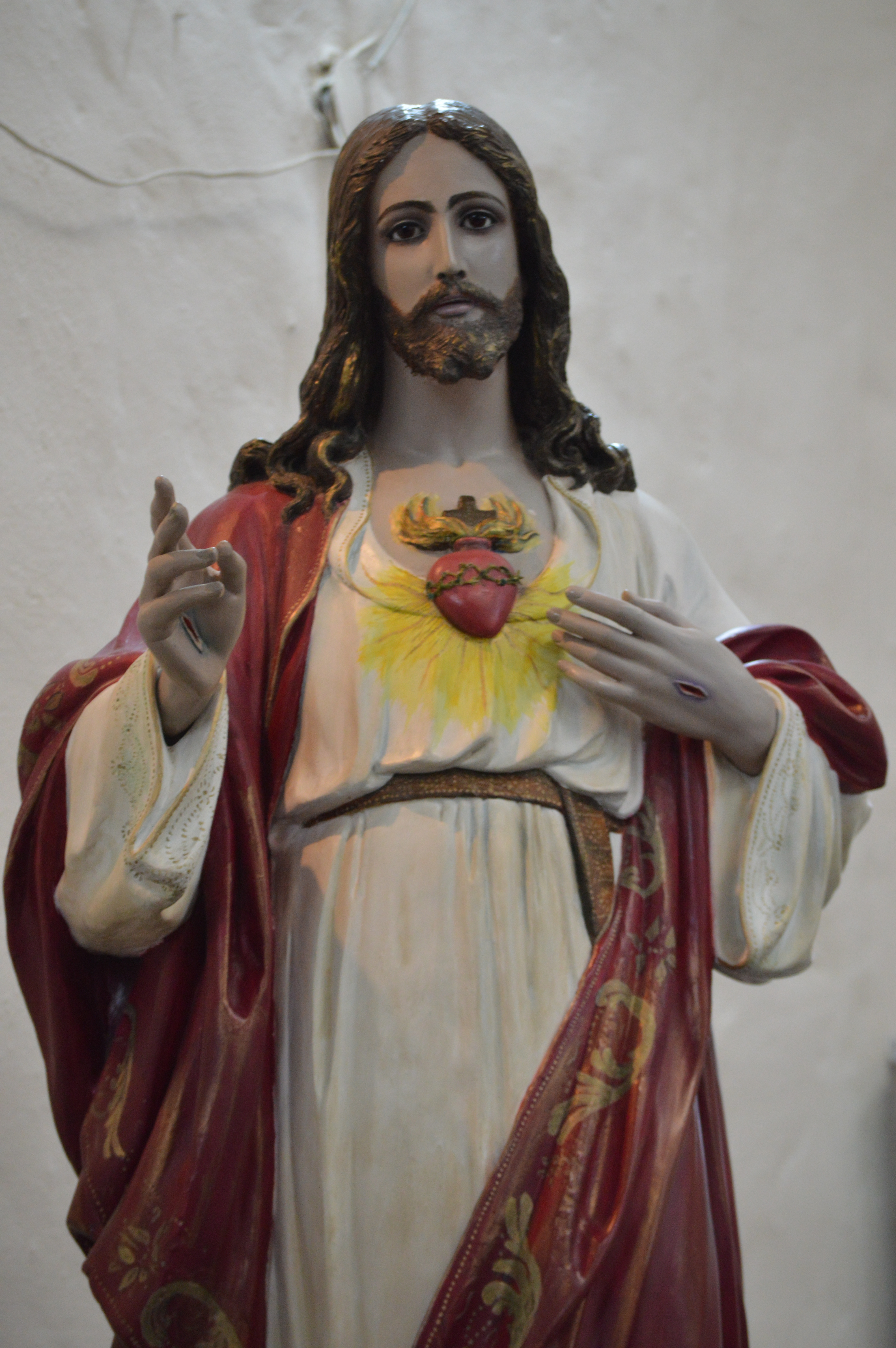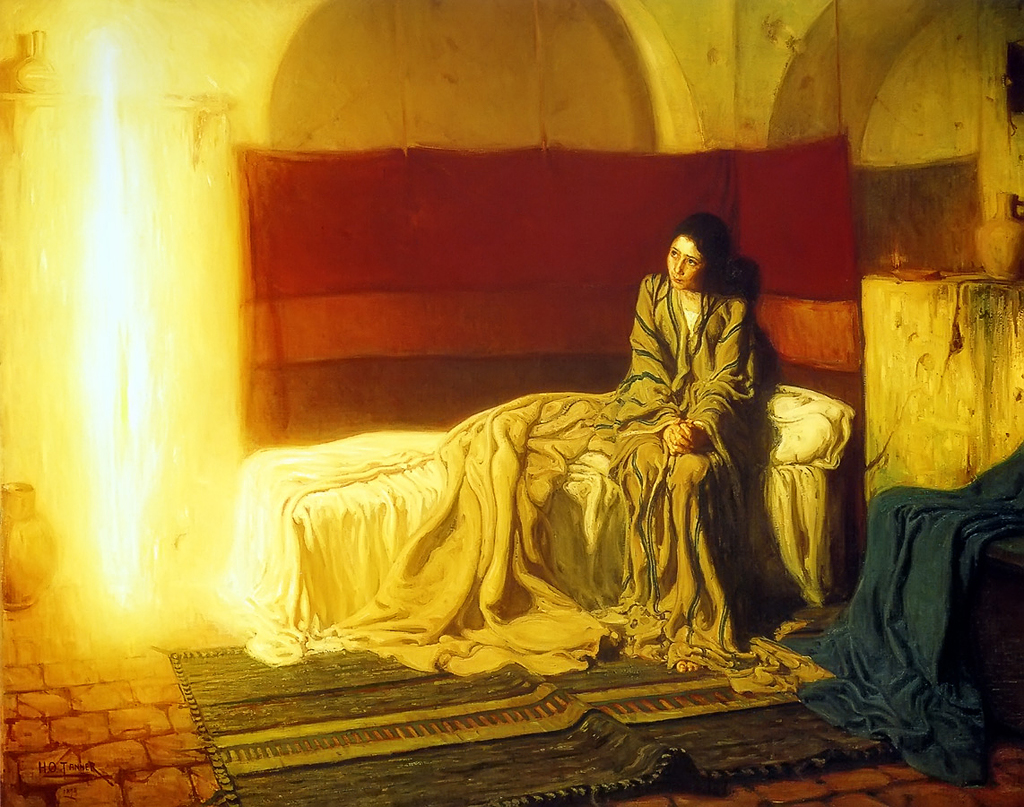This Lent, I am focusing on praying the Angelus at the traditional times, followed by the Litany of Trust. That means I get up a little before 6:00 am and pray while in bed (usually with my eyes closed and then lay there a bit longer). It means that my alarm goes off at 11:58 am and I stop whatever I’m doing that is (probably) stressing me out to pray. It means that at 6:00 pm, you will find me sitting in traffic, praying for people to use their turn signals (or thanking God for those who do).
I joke about what I’m praying for, but in all seriousness, it’s during these times that I look to Mary in her fiat, her ultimate gift of self to the Lord and pray to have that same faith. I look to Jesus and pray that I can give my life to the Lord, without everything that holds me back. Although, as a fair warning, God has a sense of humor sometimes.
When I graduated college, I worked at my home parish. From there, I realized that I wanted to work at a Catholic communications company so I could use my gifts for the Lord. But after driving in a blizzard in Colorado, I always told myself, “Lord, I will move anywhere to do your work, but I’m never moving somewhere with snow.” Fast forward 9 months and I moved to Grand Rapids, Michigan, to work at… yup, a Catholic communications company. Still, I told myself that even though I lived in a place where it snowed for half the year, I would never live somewhere with snow AND steep hills.
After working there for 4 years, I had the opportunity to work with a Catholic Charismatic Renewal service organization that was based out of Virginia. The weather looked pretty mild and the rolling hills looked lovely. Then, around the same time I was offered a full-time job, they let me know they were planning to move the headquarters to Pittsburgh, Pennsylvania. You know, the city with LITERALLY the steepest officially recorded public street in the Continental United States.
Still, I trusted in the Lord and moved to Pittsburgh, where I’ve been incredibly blessed.
Hills and all.
He has always given me peace even when I closed my eyes and jumped headfirst with all the alarms ringing. So when this particular alarm goes off at 6:00 am, noon, and 6:00 pm, it reminds me to make time for the Lord and not in a, “I’m free at 5:34 pm today” kind of way, but in a, “Lord, I am never too busy for you,” kind of way.
So here I am Lord. Never too busy for you.
Esta Cuaresma, me estoy enfocando en rezar el Ángelus en los momentos tradicionales, y luego la Letanía de Confianza. Esto significa que me levanto un poco antes de las 6:00 am y rezo mientras estoy en la cama (generalmente con los ojos cerrados y luego me acuesto un ratito más). Significa que mi alarma suena a las 11:58am y dejo de hacer lo que me esté estresando en ese momento para rezar. Significa que a las 6:00pm, me encontrarás sentada en el tráfico, rezando para que la gente utilice sus señales de giro (o agradeciendo a Dios por los que lo hacen).
Estoy bromeando, pero con toda seriedad, es durante estos tiempos que miro a María en su fiat, su último regalo de sí mismo al Señor y rezo para tener esa misma fe. Miro a Jesús y rezo para poder dar mi vida al Señor, sin todo lo que me detiene. Aunque, como justa advertencia, Dios tiene sentido del humor a veces.
Cuando me gradué de la universidad, trabajé en mi parroquia natal. A partir de ahí, me di cuenta de que quería trabajar en una empresa de comunicaciones católica para poder usar mis dones para el Señor. Pero después de manejar en medio de una tormenta de nieve en Colorado, siempre me decía a mí mismo: “Señor, me mudaré a cualquier lugar para hacer tu trabajo, pero nunca me mudaré a un lugar con nieve”. Avance rápido 9 meses y me mudé a Grand Rapids, Michigan, para trabajar en… sí, una empresa católica de comunicaciones. Aún así, me dije a mí mismo que aunque vivía en un lugar donde nevaba la mitad del año, nunca viviría en un lugar con nieve y colinas empinadas.
Después de trabajar allí durante 4 años, tuve la oportunidad de trabajar con una organización de servicio de Renovación Carismática Católica con sede en Virginia. El clima se veía bastante templado y las colinas onduladas se veían hermosas. Luego, casi al mismo tiempo que me ofrecieron un trabajo de tiempo completo, me informaron que planeaban trasladar la sede a Pittsburgh, Pensilvania. Ya sabes, la ciudad registrada oficialmente con LITERALMENTE las calles públicas más empinadas en los Estados Unidos continentales.
Aún así, confié en el Señor y me mudé a Pittsburgh, donde he sido increíblemente bendecida.
Con colinas y todo.
Siempre me ha dado paz incluso cuando cerraba los ojos y saltaba de cabeza con todas las alarmas sonando. Entonces, cuando esta alarma en particular suena a las 6:00am, al mediodía y a las 6:00pm, me recuerda de apartar un momento para el Señor como diciéndole, “Señor, nunca estoy demasiada ocupada para ti”.
Así que aquí estoy Señor. Nunca demasiada ocupada para ti.
Image Credit: Kelly Sikkema, unsplash.com/photos/LKdJpQB05_A
 Veronica Alvarado is a born and raised Texan currently living in Pennsylvania. Since graduating from Texas A&M University, Veronica has published various Catholic articles in bulletins, newspapers, e-newsletters, and blogs. She continued sharing her faith after graduation as a web content strategist and digital project manager. Today, she continues this mission in her current role as communications director and project manager for Pentecost Today USA, a Catholic Charismatic Renewal organization in Pittsburgh.
Veronica Alvarado is a born and raised Texan currently living in Pennsylvania. Since graduating from Texas A&M University, Veronica has published various Catholic articles in bulletins, newspapers, e-newsletters, and blogs. She continued sharing her faith after graduation as a web content strategist and digital project manager. Today, she continues this mission in her current role as communications director and project manager for Pentecost Today USA, a Catholic Charismatic Renewal organization in Pittsburgh.


 Merridith Frediani loves words and is delighted by good sentences. She also loves Lake Michigan, dahlias, the first sip of hot coffee in the morning, millennials, and playing Sheepshead with her husband and three kids. She writes for Catholic Mom, Diocesan.com, and her local Catholic Herald. Her first book Draw Close to Jesus: A Woman’s Guide to Adoration is available at Our Sunday Visitor and Amazon. You can learn more at
Merridith Frediani loves words and is delighted by good sentences. She also loves Lake Michigan, dahlias, the first sip of hot coffee in the morning, millennials, and playing Sheepshead with her husband and three kids. She writes for Catholic Mom, Diocesan.com, and her local Catholic Herald. Her first book Draw Close to Jesus: A Woman’s Guide to Adoration is available at Our Sunday Visitor and Amazon. You can learn more at 
 Sheryl is happy to be the number 1 cheerleader and supporter for her husband, Tom who is a candidate for the Permanent Diaconate in the Diocese of Kalamazoo. They are so grateful for the opportunity to grow together in this process. Sheryl’s day job is serving her community as the principal for St. Therese Catholic School in Wayland, Michigan. Since every time she thinks she gets life all figured out, she realizes just how far she has to go, St. Rita of Cascia is her go-to Saint for intercession and help. Home includes Carlyn, a very, very goofy Golden Retriever and Lucy, our not-so-little rescue puppy.
Sheryl is happy to be the number 1 cheerleader and supporter for her husband, Tom who is a candidate for the Permanent Diaconate in the Diocese of Kalamazoo. They are so grateful for the opportunity to grow together in this process. Sheryl’s day job is serving her community as the principal for St. Therese Catholic School in Wayland, Michigan. Since every time she thinks she gets life all figured out, she realizes just how far she has to go, St. Rita of Cascia is her go-to Saint for intercession and help. Home includes Carlyn, a very, very goofy Golden Retriever and Lucy, our not-so-little rescue puppy. 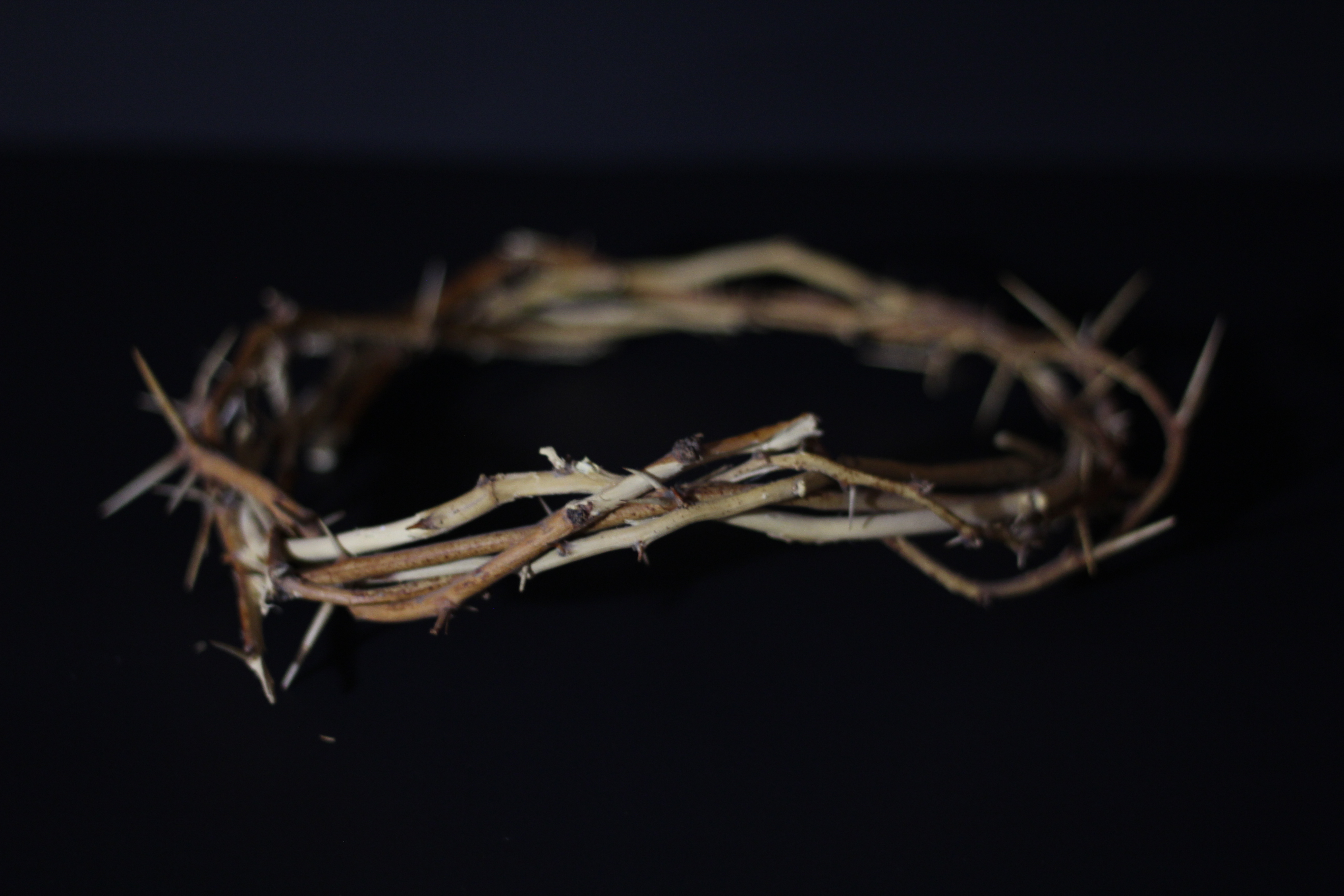
 David Dashiell is a freelance author and editor in Nashville, Tennessee. He has a master’s degree in theology from Franciscan University, and is the editor of the anthology
David Dashiell is a freelance author and editor in Nashville, Tennessee. He has a master’s degree in theology from Franciscan University, and is the editor of the anthology 



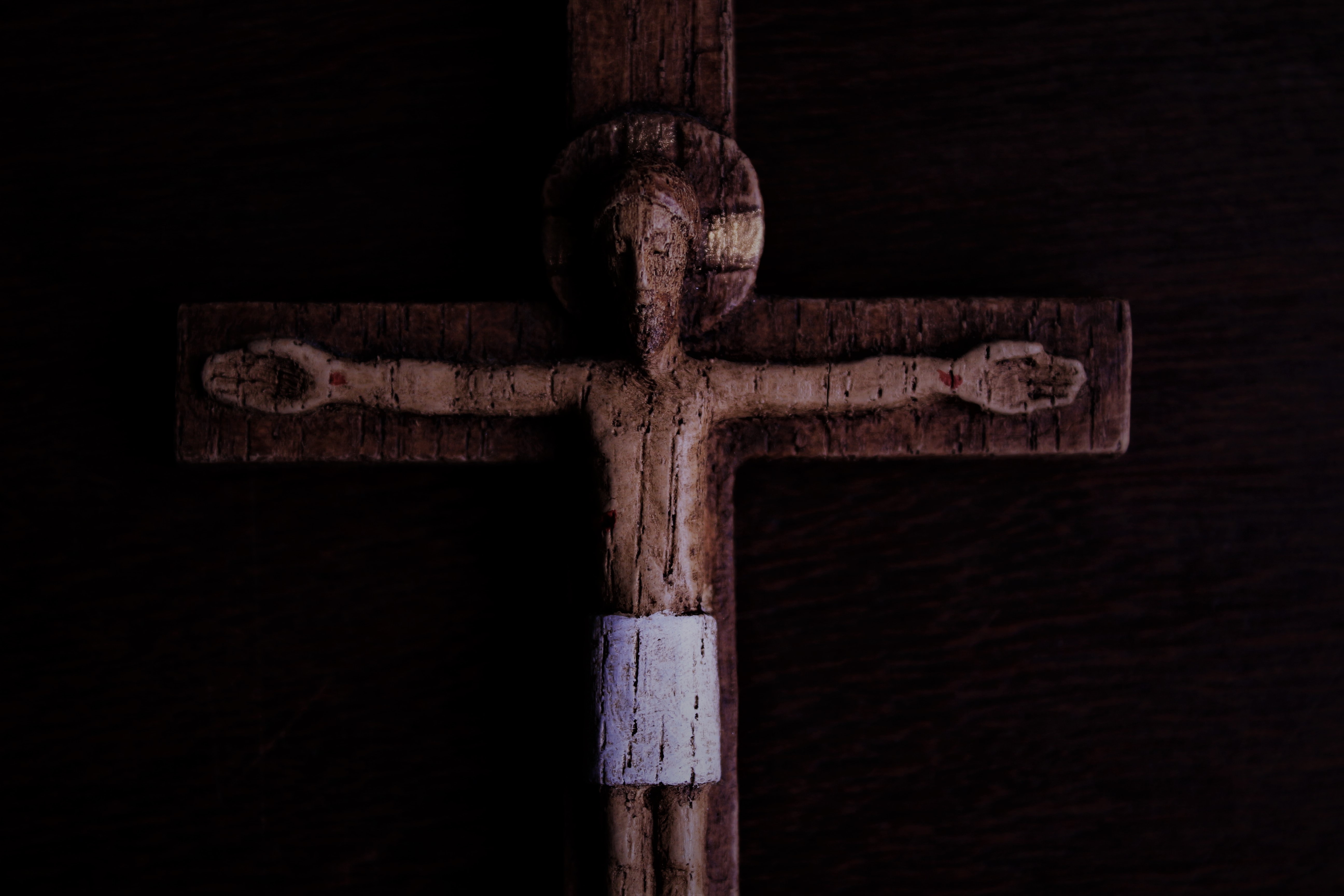
 Kathryn Mulderink, MA, is married to Robert, Station Manager for Holy Family Radio. Together they have seven children (including Father Rob), and seven grandchildren. She is President of the local community of Secular Discalced Carmelites and has published five books and many articles. Over the last 30 years, she has worked as a teacher, headmistress, catechist, Pastoral Associate, and DRE, and as a writer and voice talent for Catholic Radio. Currently, she serves the Church by writing and speaking, and by collaborating with various parishes and to lead others to encounter Christ and engage their faith. Her website is
Kathryn Mulderink, MA, is married to Robert, Station Manager for Holy Family Radio. Together they have seven children (including Father Rob), and seven grandchildren. She is President of the local community of Secular Discalced Carmelites and has published five books and many articles. Over the last 30 years, she has worked as a teacher, headmistress, catechist, Pastoral Associate, and DRE, and as a writer and voice talent for Catholic Radio. Currently, she serves the Church by writing and speaking, and by collaborating with various parishes and to lead others to encounter Christ and engage their faith. Her website is 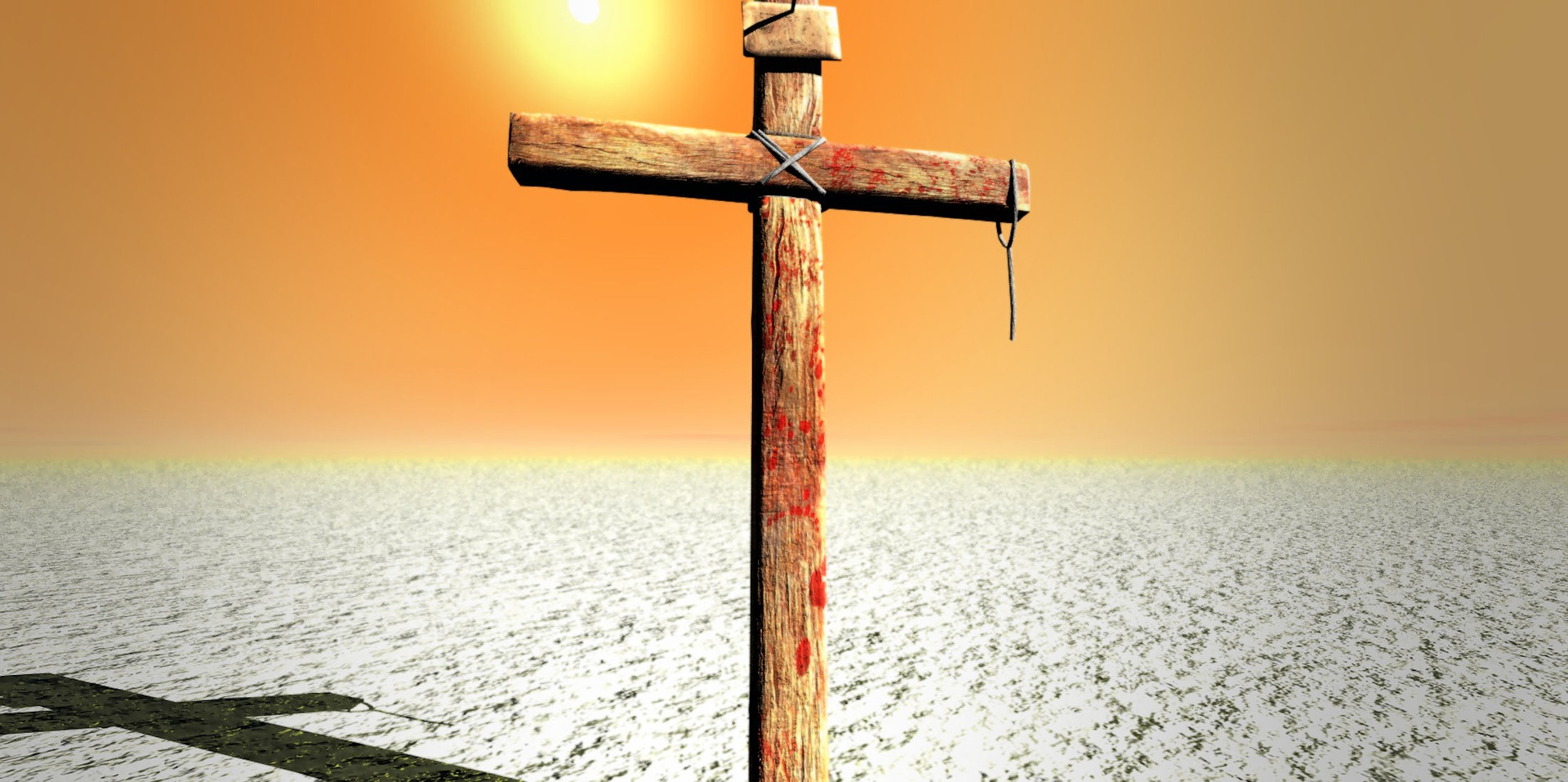
 Leslie Sholly is a Catholic, Southern wife and mother of five, living in her hometown, Knoxville, Tennessee. She graduated from Georgetown University with an English major and Theology minor. She blogs at
Leslie Sholly is a Catholic, Southern wife and mother of five, living in her hometown, Knoxville, Tennessee. She graduated from Georgetown University with an English major and Theology minor. She blogs at 
 Deacon Dan Schneider is a retired general manager of industrial distributors. He and his wife Vicki have been married for over 50 years. They are the parents of eight children and thirty grandchildren. He has a degree in Family Life Education from Spring Arbor University. He was ordained a Permanent Deacon in 2002. He has a passion for working with engaged and married couples and his main ministry has been preparing couples for marriage.
Deacon Dan Schneider is a retired general manager of industrial distributors. He and his wife Vicki have been married for over 50 years. They are the parents of eight children and thirty grandchildren. He has a degree in Family Life Education from Spring Arbor University. He was ordained a Permanent Deacon in 2002. He has a passion for working with engaged and married couples and his main ministry has been preparing couples for marriage.